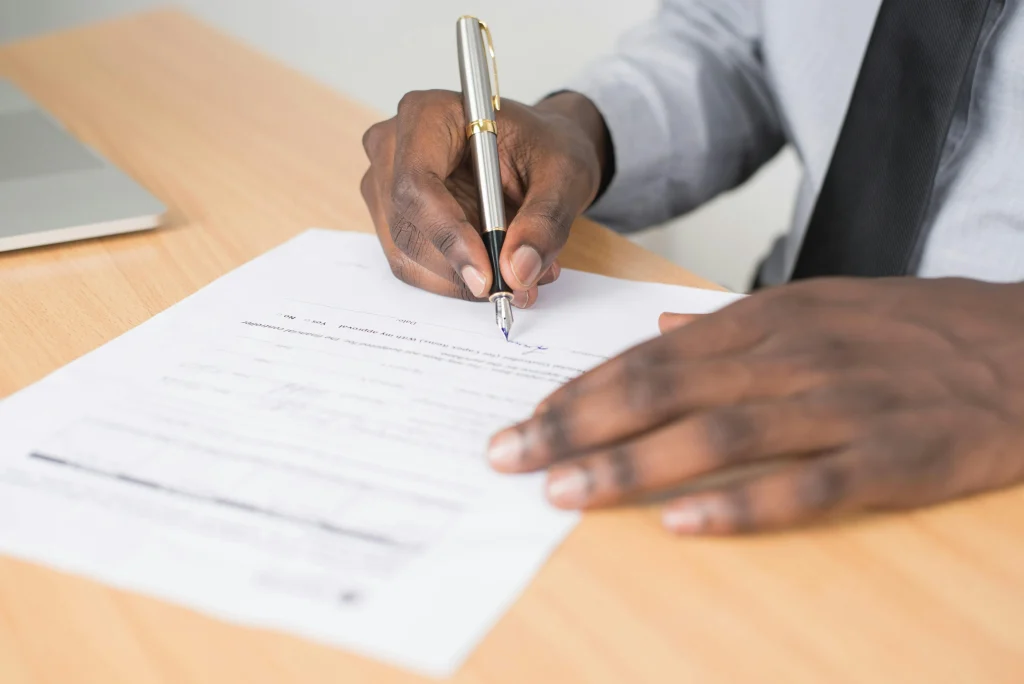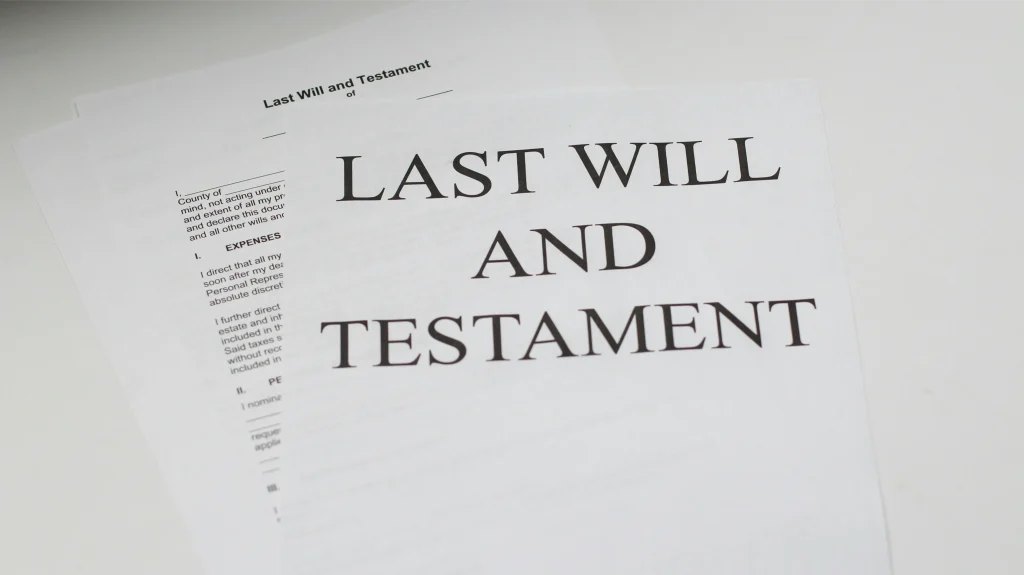A Deed of Gift is a legal document in the UK that allows you to give away something valuable (like money, land, or property) to another person or organisation without asking for anything in return.
It is usually done during your lifetime (not after death, like a Will).
Think of it as a formal promise in writing that says: “I’m giving this to you freely, and I can’t take it back.”
Key Legal Terms Made Simple
- Donor – The person giving the gift (you).
- Donee – The person or organisation receiving the gift.
- Consideration – In contracts, this means “payment or something in return.” With a Deed of Gift, there is no consideration—it’s a free gift.
- Irrevocable – Once signed and registered (if property), you can’t usually cancel it.
Why is a Deed of Gift Important?
- Legal Proof – Shows that the gift was intentional and voluntary.
- Avoids Disputes – Prevents arguments later about whether something was a gift or a loan.
- Estate Planning – Lets you pass on assets during your lifetime, sometimes reducing inheritance tax (if you survive 7 years after making the gift).
- Peace of Mind – Ensures your wishes are honoured while you are still alive.
Simple Illustrations
1. Family Example
Mr. James gives his daughter his second home as a wedding gift. Instead of just saying it, he signs a Deed of Gift, which proves in law that the property now belongs to her.
2. Charity Example
Mrs. Khan donates a piece of land to her local church. By using a Deed of Gift, she ensures the transfer is official and cannot be challenged later by relatives.
Risks if You Don’t Use a Deed of Gift
- The gift could be seen as a loan and challenged in court.
- If property is involved and you don’t register it properly with the Land Registry, it may not be valid.
- Future family disputes may arise, especially if other relatives feel left out.
- A Deed of Gift is about clarity and certainty.
- It makes sure your generosity is legally protected and your wishes respected.
FreeWill Advice – Secure Giving, Simple Living




